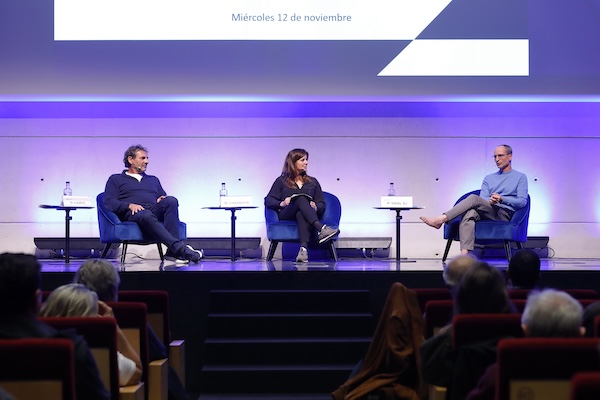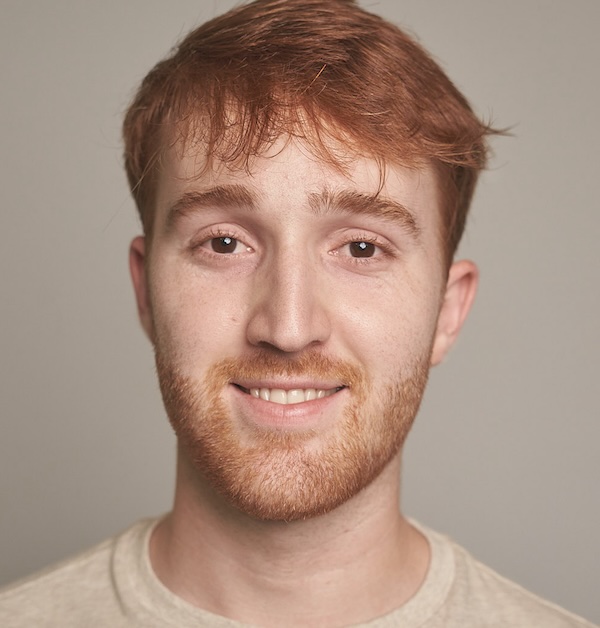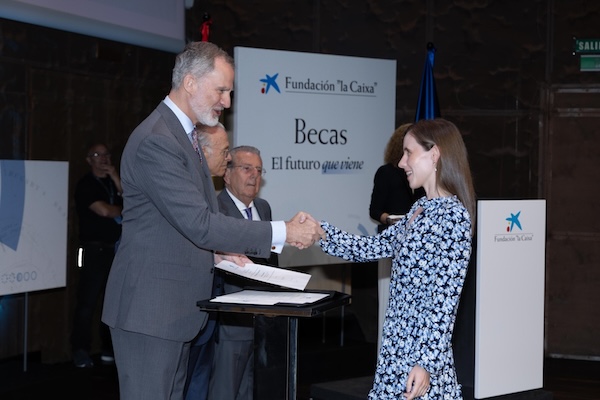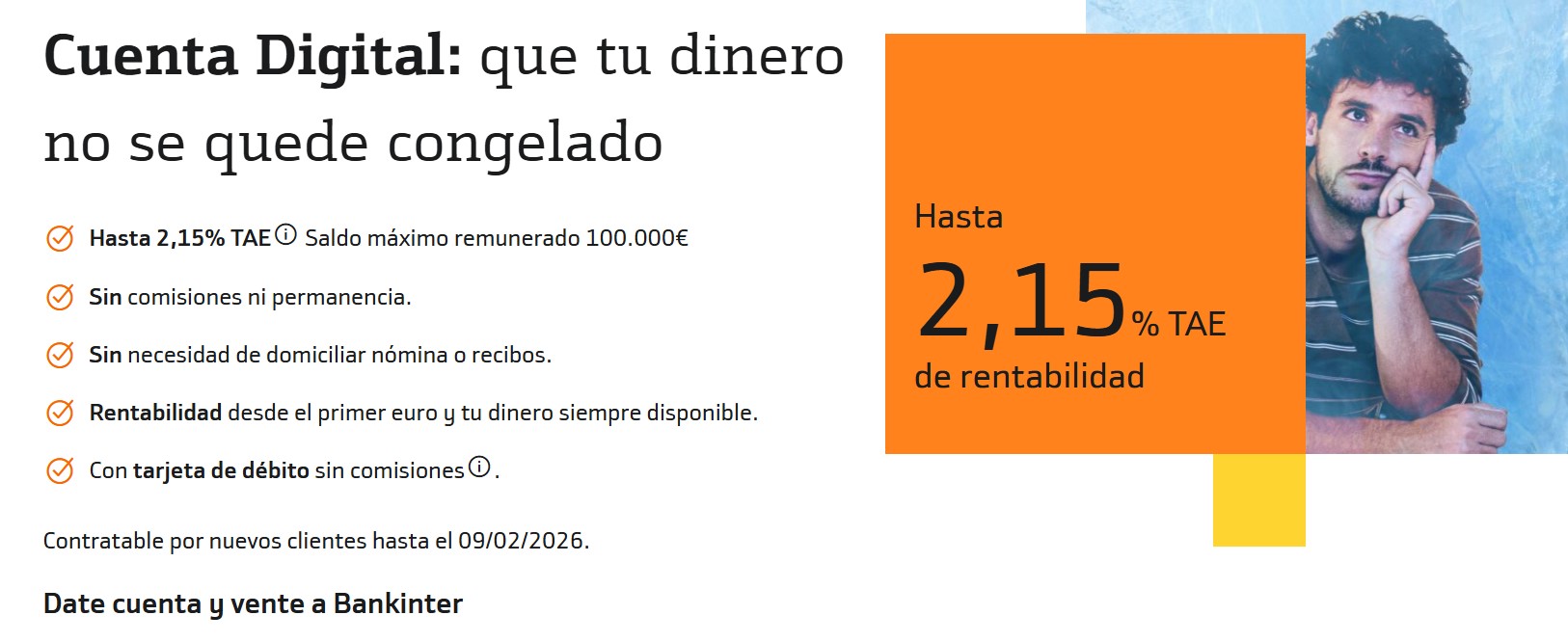Hugo stresses that Esade Alumni is a great tool for continuous training to continue learning and keep abreast of the latest developments, plus it’s a prime forum for keeping in touch with classmates from your program and other professionals
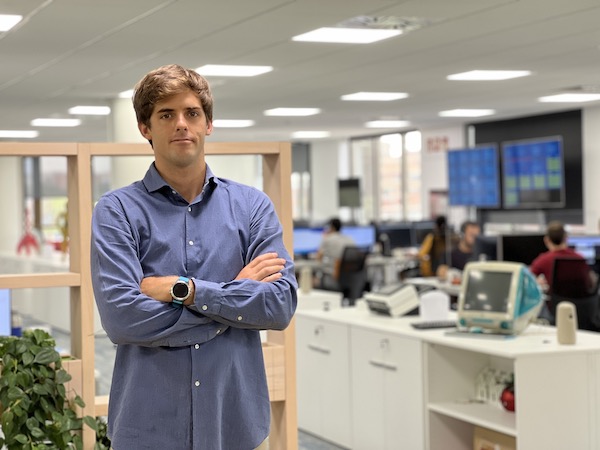
Hugo Cortada is the Business Development Director at Serimag, Spain’s leading company in smart process automation services using artificial intelligence. The company has been partnering with the main banks and insurance companies for over 15 years and works with the public administration as well. In this interview, we sit with Hugo to unpack the benefits of integrating AI into organizations and his personal purpose in this project.
-What are your responsibilities as the Business Development Director at Serimag, and what does this challenge mean for your career? What motivates you the most?
My main responsibility is ensuring that Serimag grows sustainably. We try to keep supporting our customers in their adoption of automation and seeking opportunities in new industries that could benefit from our technology, as well as expanding into international markets. Our services have a direct impact on our customers’ bottom line by evolving their “manual” management systems into systems based on technology and scalability, thus lowering costs and saving time.
For my career, it’s a huge opportunity I grabbed 18 months ago with lots of excitement and responsibility. I come from the world of technology and entrepreneurship, and I’ve seen firsthand how many companies suffer because they can’t find what the Americans call the product-market fit. Serimag is a leader in its sector and has been working and investing in its AI-based technology for 15 years, so the hard part is done. Now it’s a matter of spreading the word, seeking new challenges, bringing value, and continuing to do things well. We are now expanding into the worlds of insurance, offices and the public administration.
Personally, what’s always motivated me and continues to motivate me is making things happen. In this new venture, this happens by listening closely to our customers, understanding the challenges they’re facing, sharing their goals, and designing projects that help them succeed. And to do this, we have to have the best team and keep them motivated every day. What motivates me professionally today is ensuring that we all achieve this as a company, as a team.
"In this new venture, this happens by listening closely to our customers, understanding the challenges they’re facing, sharing their goals, and designing projects that help them succeed. And to do this, we have to have the best team and keep them motivated every day"
-In your experience, how is AI’s integration into companies going? What sectors are the furthest ahead and which are lagging behind more?
The term “artificial intelligence” has been spread too thin. Pick up a rock and you find three AI gurus underneath it, the same ones who were crypto, web3, or VR gurus two years ago. This lack of professionalization coupled with the huge business opportunity, create a lack of knowledge in companies, which run the risk of failing when implementing AI in their production processes. The current situation is quite mixed: it’s worked well for some folks and not so well for others. There isn’t much method but there’s plenty of overpromising. The problem is often not clearly defining the goals and objectives and not having internal talent with the incentives and autonomy to bring transformation projects to fruition.
Banking has clearly always been a pioneering sector in the use of technologies, both to offer their customers personalized products and interact with them digitally and to make their back offices more efficient.
We have been doing AI for 15 years, even before it became a buzzword. We process more than one million pages per day for banks in Spain, and we process documents automatically so that a person doesn’t have to. It’s quicker, cheaper, and more precise than doing it “by hand.”
We were never guided by one technology or another, and we’re still not. In addition to developing our own technology, we are strongly focused on our customers’ needs. We spend lots of time and energy on understanding and grasping their challenges, and based on that we seek the best way to harness technology to solve them.
- In what processes or activities is AI the most effective? Can you share any success stories with us?
AI has infinite uses, but you have to make a distinction between everyday and organization-level use, as well as the different levels of criticality associated. We can ask ChatGPT to help us with a recipe or a draft we have to turn in tomorrow, and most of the time it will do a great job. These models make mistakes, and they’re not aware of when they do (a bit like us humans, right?). They have hallucinations, and if you ask them to draw you two friends having a beer, they’re likely to draw them with more than five fingers on each hand. And we don’t know why.
In the business world, this risk of error is intolerable, so some use cases are going more slowly than others. But we see major progress in customer relations via chatbots in banking and insurance, for example. The systems have learned all the internal manuals, they’ve been trained by internal teams with hundreds of questions and answers, and they are capable of having a natural conversation and responding precisely and concisely to questions about complex operations. The cost-savings is huge, and the customer experience is improved because each question is answered quickly and concisely.
- What is the change you’d like to see in organizations within five years? How do you think you can contribute to it?
In the Spanish market, we are afraid of failing and create organizations where failure is not rewarded. Failure often teaches us many more lessons than certain successes, and certainly much more than stagnation. Culturally speaking, we are light-years from markets like the U.S.A., where there is generally a much more entrepreneurial spirit both inside and outside companies. If you don’t take risks, you don’t win. In five years, I’d like to see more executives trying to create a culture of innovation that allows their teams to take risks and spend tim
“In the Spanish market, we are afraid of failing and create organizations where failure is not rewarded. Failure often teaches us many more lessons than certain successes, and certainly much more than stagnation”
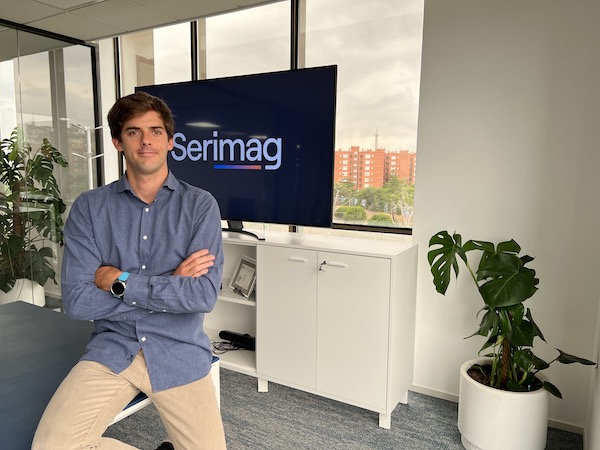
- What do you think about the predictions of the impact of AI on the job market?
All the reports concur that we’ve never experienced an impact with any other technology similar to what AI is causing. History teaches us that the net effect will be positive. Technology has always created more jobs than it has destroyed, and it’s expected to do it again this time. Having said that, tens of millions of people are going to lose their jobs, especially jobs related to administration (data recorders) and industry (replaceable by robots), and the question is whether reskilling is possible for all of them. Major stakeholders like Elon Musk and Sam Altman are also staunch defenders of a universal basic income due to the impact of AI on global productivity and therefore on global unemployment.
- You used to lead the WOW Concept project. Can you tell us about the concept of "phygital" and the integration between the physical and the digital in retail? What did you learn from this experience?
In 2019, I and my four partners founded WOW Concept, and I was the Director of Operations until I joined Serimag. Today, I’m still a shareholder and I keep a close watch on it, but I’m no longer involved in its day-to-day operations. WOW Concept is a new retail space where the physical and digital worlds converge, where things always happen. It’s a mix of retail and entertainment with exclusive brands, quick capsules, fashion, technology, beauty, restaurants, and experiences. Today, the company has more than 200 employees, two physical buildings measuring more than 10,000m2 on Gran Vía and Calle Serrano in Madrid, an online marketplace, and hundreds of brands. What have I learned? Lots of lessons, and they’re all clichés: momentum is crucial; hire slowly but fire quickly… and I could keep going; I’ve kept a mental note of all of them. If you make mistakes but don’t reflect on them, what good were they?
"Esade has always been and will remain a professional inspiration for me. In the Business School, you learn that behind businesses are people who have certain goals and concerns, like we all do"
- What has your training in International Management contributed to your career, and how has Esade’s commitment to innovation and talent inspired you? What does being a member of the alumni community it mean to you?
Esade has always been and will remain a professional inspiration for me. In the Business School, you learn that behind businesses are people who have certain goals and concerns, like we all do. I learned that the culture of effort is meaningless if you’re rowing by yourself. You have to be demanding of yourself before being it with others, and like Picasso said, “Inspiration exists, but it has to find you working.”
Esade nurtures entrepreneurship, which is a huge engine that generates wealth and jobs in this country, and it does this not merely academically but also by exposing students to entrepreneurs’ success stories (and failure stories, more than once) and visits to all types of companies. I think they’re all fantastic initiatives.
Regarding Esade Alumni, it’s a great tool for continuous training so you never stop learning and keep abreast of the latest developments, plus it’s a prime forum for keeping in touch with classmates from your program and other professionals.


